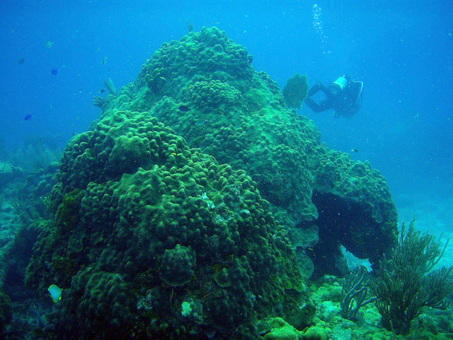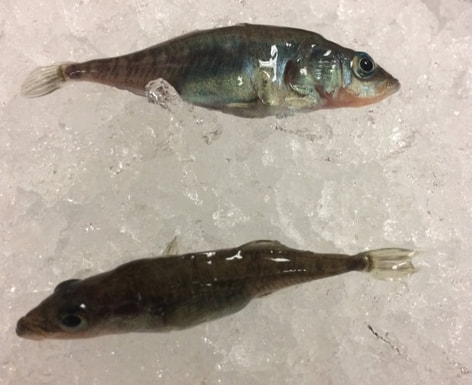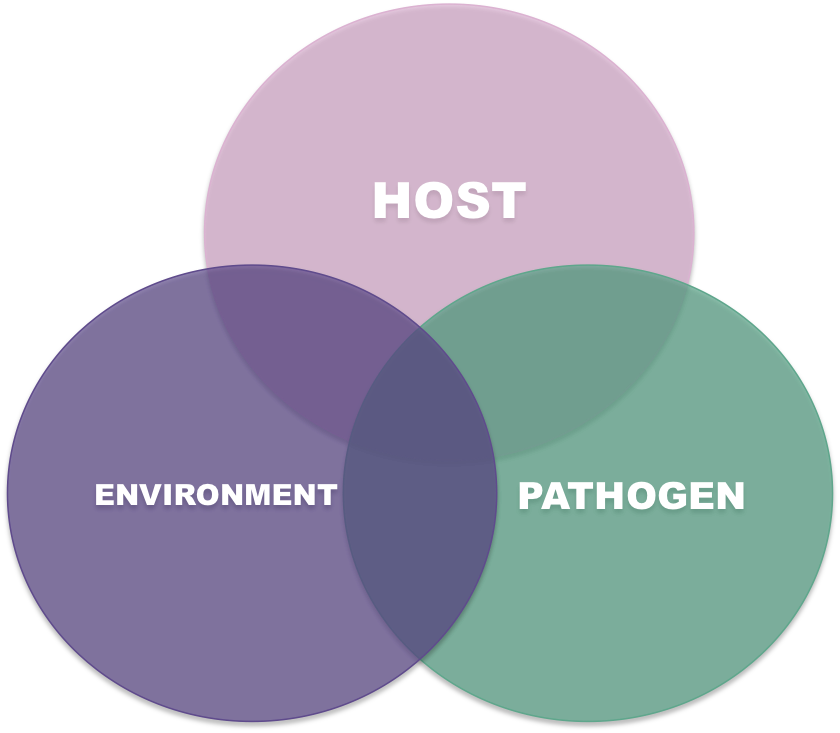Ecoimmunology
|
A key theme of biology is the study of interactions and relationships that shape natural ecosystems. This field of ecology encompasses these studies of interactions between organisms and their environment. However historically the interaction between organisms and pathogens, mediated by immunity, has been poorly studied in the field of ecology. Ecological immunology (also known as Ecoimmunology) is an emerging subset of this field. Simply put, ecoimmunology is concerned with how interactions between the host, environment, and pathogens affect communities. This includes a range of questions from those of allocation of limited resources to immunity, growth, reproduction, etc, and the trade-offs associated with this resource allocation; to questions of how variation in immune capability within and between species affects larger community structure. In a world where epizootic outbreaks are becoming increasingly common, understanding how immunity shapes community structure and dynamics is essential to predicting future changes. I am broadly interested in using advanced techniques such as transcriptomics, cell culture, and transgenesis to address questions of ecoimmunology in vulnerable ecosystems.
|
Symbiotic relationships

Symbiotic relationships are found in almost every environment on the planet and greatly contribute to ecosystem functioning. These relationships range from parasitic, where one partner benefits at the expense of another, to mutualistic, where both partners gain some benefit. Symbiotic relationships between corals and their symbiotic singled celled algae allow for the formation of diverse coral reef ecosystem. In contrast, parasitic relationships between the three-spined stickleback and it's cestode parasite have significant fitness implications for the host. Often times immunity plays a large role in establishment, maintenance, and breakdown of these relationships, including those that are mutualistic. I am broadly interested in thhe roles which the immune system plays in maintaining these relationships, and the implications of these relationships on host and community ecology.
Evolutionary immunology

Evolutionary immunology seeks to understand how immune responses change and adapt over both within populations/species and, more broadly speaking, across the tree of life. Research addresses how immune responses evolve and change, and the effects of ecological processes on these changes (see Ecoimmunology section). This in turn can provide new insight into how the human immune response has evolved and how it currently functions. Specifically for my postdoc I will be taking an evolutionary immunology approach to studying the effects of ecological forces such as fitness trade-offs and host-parasite co-evolution on stickleback immune response. Additionally, I will be studying variation in immunity between closely related populations with varying parasite resistance so as to gain mechanistic understanding of specific arms of immunity. By comparing populations with vastly different responses to the same immune stimuli, we can gain new functional insight into immunity that will inform human health research.

